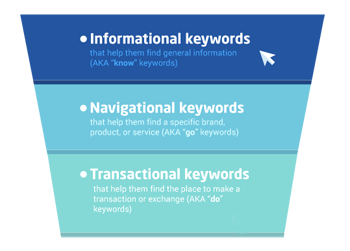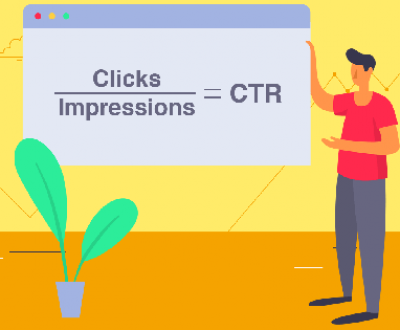
Keyword intent is an essential keyword research factor to consider when it comes to forming an on-site SEO strategy. Keyword research allows webmasters and marketers to make informed decisions about their on-page content. The most common keyword research error that marketers make is not considering search intent behind their keyword strategy.
Keyword research is more than weighing up keyword difficulty with search volume. It’s essential to consider: “What sort of traffic am I hoping to obtain by targeting a particular keyword?”. Even before opening up your selected keyword research tool, it’s essential to consider the desired outcome behind keyword targeting.
Keyword intent can be broadly classified into three fundamental classifications. Safari SEO Sydney advises that keyword classification can provide information about the searches and the planned action behind their search query.
Navigational Intent
Navigational queries are a means of finding a specific web page or website. Let’s say you want to visit eBay, Amazon, or Facebook – it’s easier to simply type in the website name in Google than type out the full URL.
Navigational queries are a way to navigate towards a predetermined destination and, as such, are very difficult to target. If a consumer is a search for a specific business name or website, it is nearly impossible to interrupt the user journey and redirect them towards your website or product offering.
There are some instances where navigational style keywords are worth targeting. For example, let’s say that a customer is searching “Amazon” in Google; they may be searching for the latest stock information, company information, or breaking news story. Websites that are registered to feature in Google news may find that targeting navigational keywords can be very lucrative.
Informational Intent
 Informational intent keyword searches are the most common type of search queries. When you consider search behaviour, most users are looking for information, products, reviews, or directions when using search engines.
Informational intent keyword searches are the most common type of search queries. When you consider search behaviour, most users are looking for information, products, reviews, or directions when using search engines.
Informational intent keywords are a broad search query or phrase that helps users to discover more information. For online businesses, it’s crucial to understand that informational intent keywords rarely lead to a conversion. Informational intent keywords are notoriously difficult to monetize or funnel users towards a predetermined conversion goal.
For businesses that rely on their website to generate sales and leads, it is still worthwhile targeting informational intent keywords. Utilize your blog page to respond to common informational search queries and position your business as an authority within your niche.
Transactional Intent
Transactional intent search phrases are the holy grail of keywords. Sometimes referred to as ‘buy keywords’ or ‘purchase intent keywords’, transactional search phrases have an exceptionally high-conversion rate and are responsible for driving sales and enquiries for online businesses. For reference, here are a few of the most common words that are included in a transactional intent search phrases:
- Buy online
- Free delivery
- Discount code
- *Seller location*
- Cheap
- Discounted
Users that are utilising these search phrases are most likely to make a purchase or an online enquiry. For online marketers, developing landing pages with transactional keywords in mind is an essential element in driving highly motivated users to a website.
About us and this blog
We are a digital marketing agency under the umbrella of a leading HTML5 Game and ecommerce web development company ECA Tech Inc. Through these blogs we try to educate who we can about the current trends of the web.
Request a free quote
If you are interested in promoting your brand, website ranking on search engines, online reputation management, Google Adwords, remarketing management services. Please feel free to let us know.
More from our blog
See all postsRecent Posts
- How Internet Marketing Can Help Business During Covid-19 April 26, 2020
- SEO Strategy – The Top 5 Keys to Betterment April 20, 2020
- Why Keyword Research Should Shape Your SEO Strategy April 15, 2020








